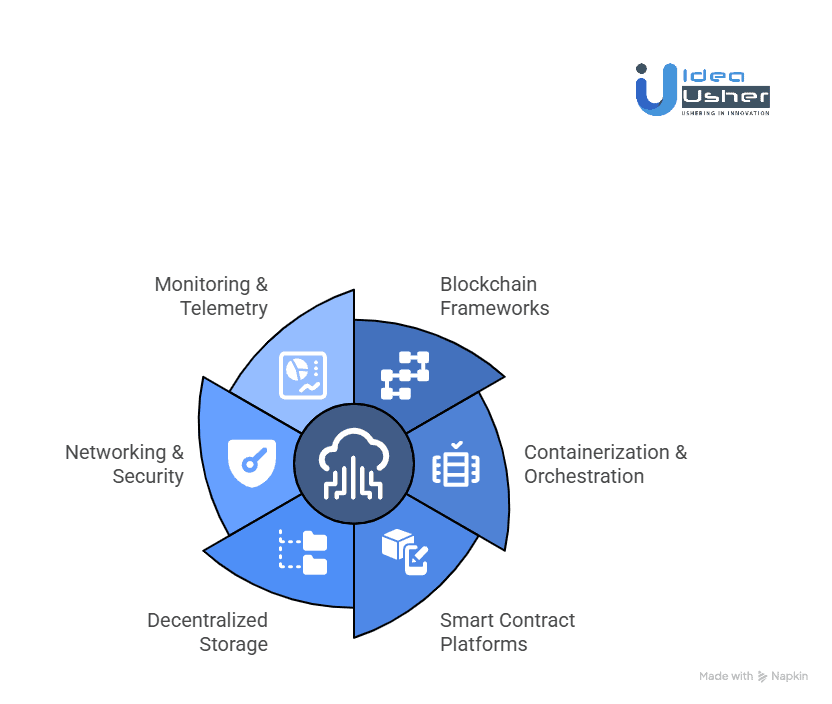BD Help Zone
Your go-to source for insightful news and information.
Secure Your Digital Frontier: The Rise of Decentralized Platforms
Explore how decentralized platforms are revolutionizing online security and privacy. Protect your digital frontier today!
Understanding Decentralization: How It Empowers Users and Enhances Security
Decentralization is a transformative concept that fundamentally shifts power from centralized authorities to individual users. Traditionally, systems such as banks or social media platforms hold control over user data and transactions, often leading to privacy concerns and single points of failure. By distributing power across a network, decentralization allows users to maintain greater control over their own information, reducing the likelihood of data breaches and promoting user sovereignty. This shift not only empowers individuals but also fosters a more inclusive digital landscape where everyone can participate without gatekeepers deciding who can access what.
Moreover, decentralization enhances security by eliminating centralized points of vulnerability. In a decentralized network, information and resources are spread across various nodes, making it significantly more difficult for cyberattacks to compromise the entire system. For instance, in blockchain technology, transactions are verified by multiple nodes, ensuring that no single entity can manipulate the data without consensus. This resilience against attacks not only preserves the integrity of the information but also builds trust among users. As we continue to navigate an increasingly digital world, understanding the benefits of decentralization becomes essential for both personal security and broader societal impacts.

Counter-Strike is a highly popular multiplayer first-person shooter game that has garnered a massive following since its release. Players engage in team-based combat, often taking on the roles of terrorists or counter-terrorists. For those looking to enhance their gaming experience, consider checking out the cryptocasino.com promo code for additional rewards.
What Are Decentralized Platforms and Why Are They Gaining Popularity?
Decentralized platforms refer to digital systems built upon a distributed network, where control is not centralized in any single entity. Unlike traditional platforms that rely on centralized governance, these platforms utilize blockchain technology to facilitate peer-to-peer interactions. By eliminating the need for intermediaries, decentralized platforms offer enhanced transparency, security, and user control over data. As a result, they empower users to engage in transactions and share information directly, fostering a more democratic and open internet ecosystem.
The growing popularity of decentralized platforms can be attributed to several factors. First, the rise of privacy concerns has led users to seek alternatives to centralized services that often collect and monetize personal data. Additionally, the adoption of cryptocurrencies and blockchain technology has shown the viability of decentralized systems. Enhanced security and lower costs of operations associated with these platforms further contribute to their attractiveness. As more individuals and businesses recognize these advantages, decentralized platforms are poised to continue transforming various industries, from finance to social media.
The Future of Online Privacy: How Decentralization is Changing the Digital Landscape
The digital landscape is undergoing a significant transformation as we move towards a future where online privacy takes center stage. With the increasing concerns over data breaches, surveillance, and misuse of personal information, users are now seeking alternatives that offer enhanced privacy and control. Decentralization emerges as a key player in this shift, leveraging technologies like blockchain to create more secure and private digital environments. As a result, individuals are empowered to own their data and engage with online platforms without the fear of being exploited by centralized entities.
Moreover, the rise of decentralized applications (dApps) presents a plethora of opportunities for enhancing online privacy and security. Unlike traditional applications that store user data on centralized servers, dApps operate on peer-to-peer networks, ensuring enhanced data protection and user autonomy. As more individuals adopt these technologies, we are likely to see a ripple effect impacting how corporations handle user data. Companies will be compelled to adapt to this new reality by prioritizing consumer privacy and employing transparent data practices to stay relevant in a rapidly evolving digital ecosystem.